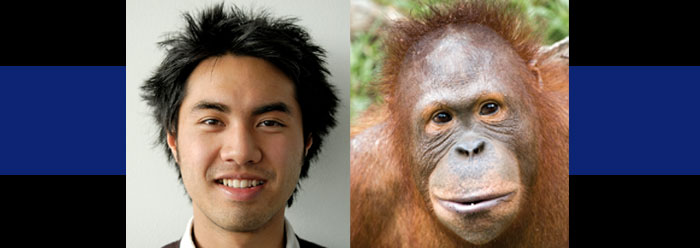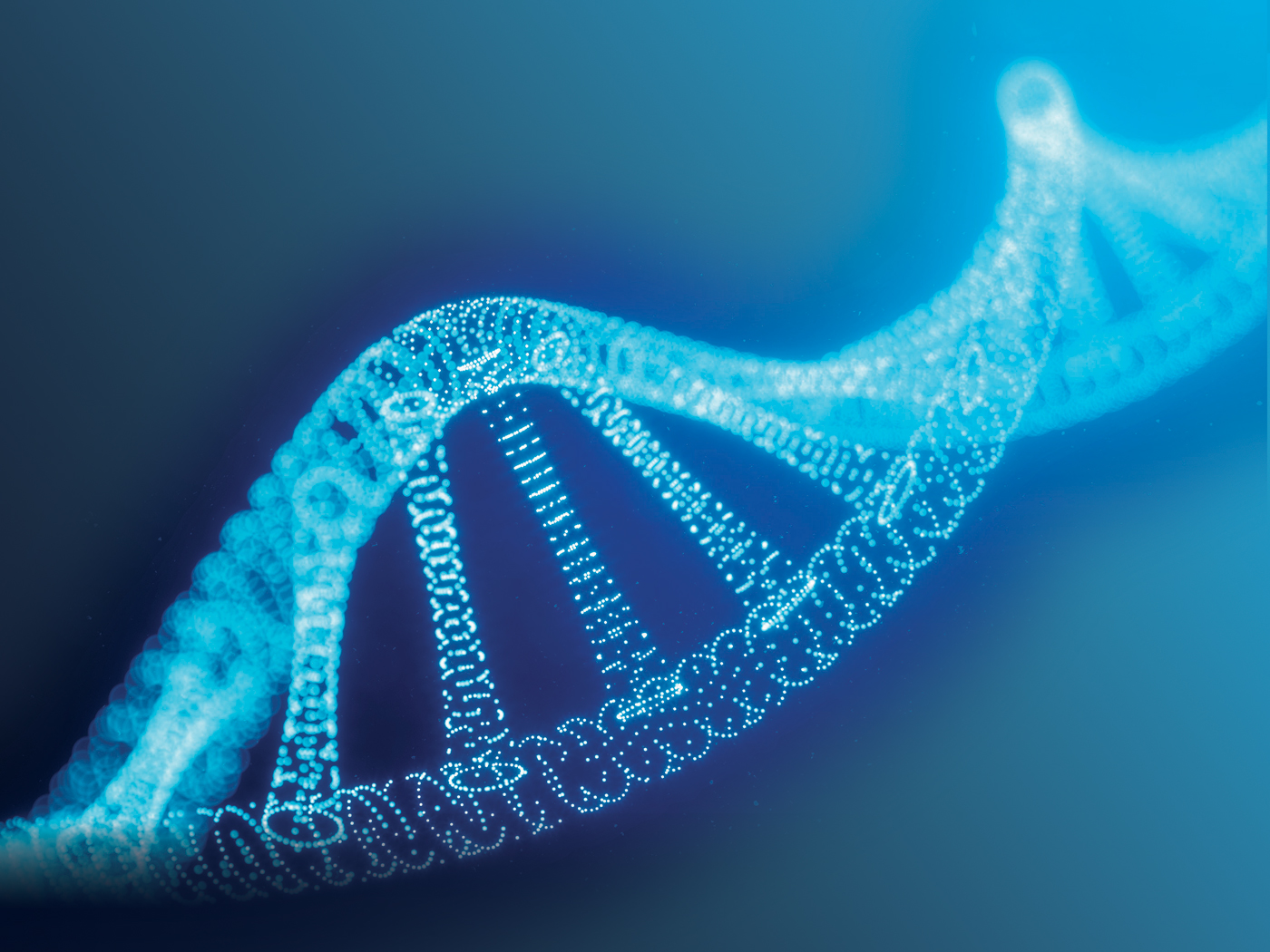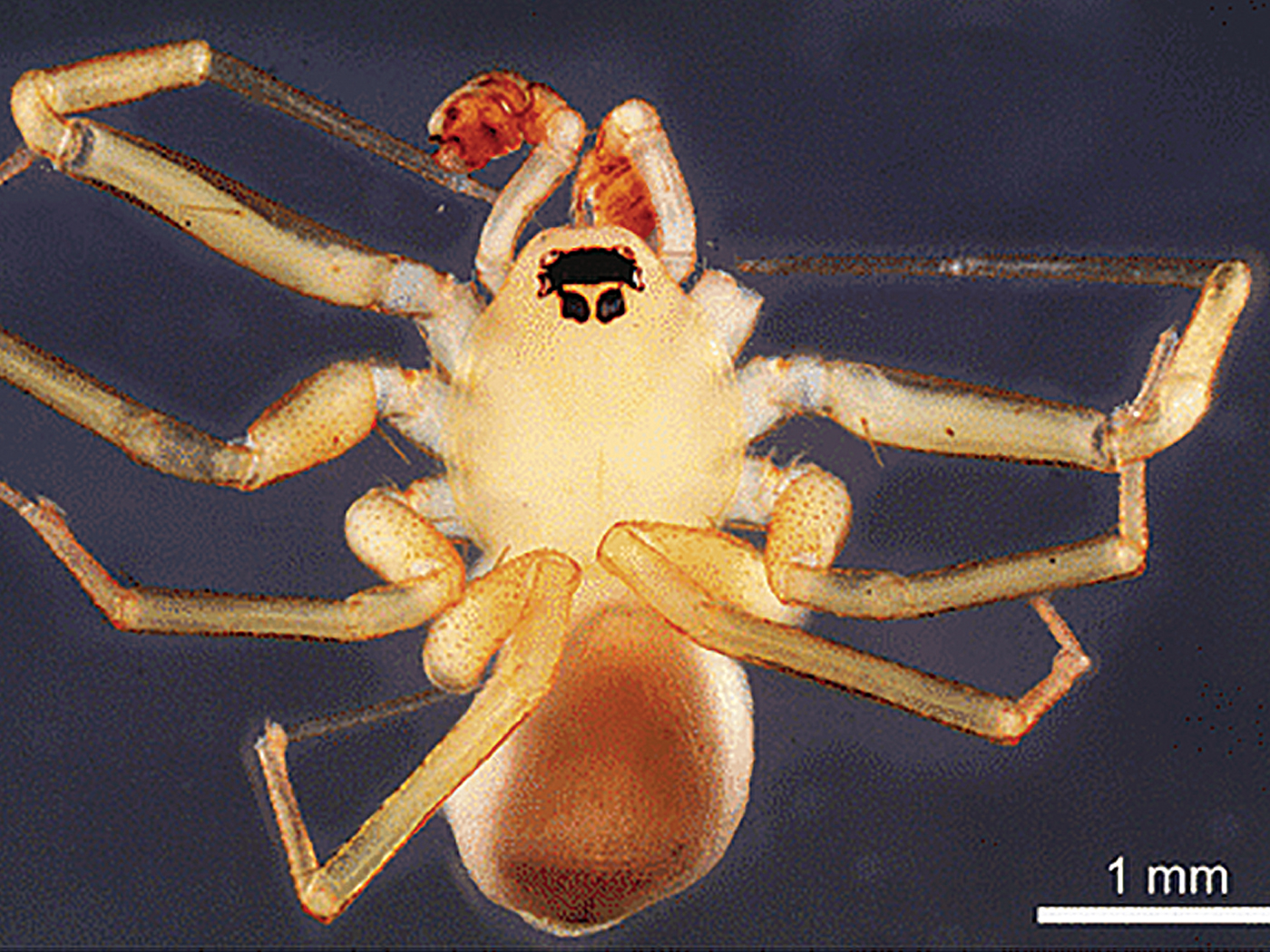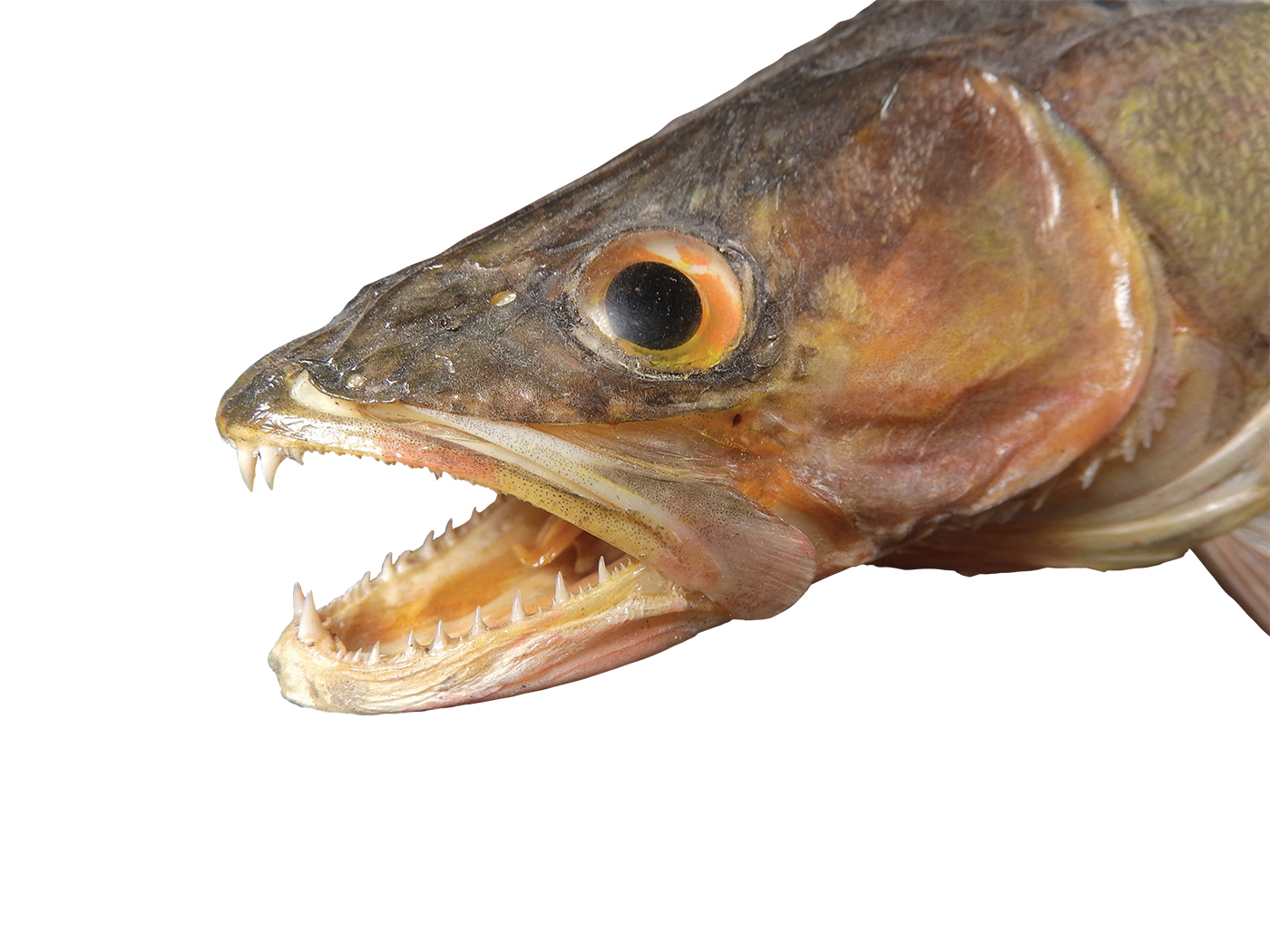Ilya Ivanov (1870-1932) was an eminent biologist who achieved considerable success in the field of artificial insemination of horses and other animals. Called “one of the greatest authorities on artificial fecundation,”1 he graduated from Kharkov University in 1896 and became a professor of zoology in 1907. His artificial insemination techniques were so successful that he was able to fertilize as many as 500 mares with the semen of a single stallion.
Ivanov also pioneered the use of artificial insemination to produce various hybrids, including that of a zebra and a donkey, a rat and a mouse, a mouse and a guinea pig, and an antelope and a cow. His most radical experiment, though, was his attempt to produce a human-ape hybrid.2 He felt that this feat was clearly possible in view of how successful he had been in his animal experiments--and how close evolutionary biologists then regarded apes and humans. The experiments were supported by some of the most respected biologists of the day, including Professor Hermann Klaatsch3 and Dr. F. G. Crookshank.4 The main opposition was from "two or three religious publications."5
His Project Begins
In the mid 1920s, Professor Ilya Ivanov began his project, funded by the Soviet government, to hybridize humans and apes by artificial insemination.6 The funds for his project equaled over one million in today's dollars. Ivanov presented his human-ape hybrid experiment idea to the World Congress of Zoologists in Graz, and in 1924 he completed his first experiment in French Guinea. He first attempted to produce human male/chimpanzee female hybrids, and all three attempts failed. Ivanov also attempted to use ape males and human females to produce hybrids but was unable to complete the experiment because at least five of the women died.
Because Ivanov was then an internationally respected scientist, he was able to obtain prominent sponsors for his project, including the polymath Otto Schmidt, editor of the Great Soviet Encyclopedia, and Nikolai Gorbunov, a chemical engineer and close friend of Lenin.7
After Professor Ivanov detailed the rationale behind his idea, the British government, home of Darwin, promised to help raise money for the project. The Russian government contributed the first 10,000 USD, and a number of prominent American patrons of science were also very supportive of the project.
Efforts to Support Evolution
Charles Lee Smith wrote that the objective of Ivanov's experiments was to achieve "artificial insemination of the human and anthropoid species, to support the doctrine of evolution, by establishing close kinship between man and the higher apes."5 The project was supported by The American Association for the Advancement of Atheism because it was seen as "proof of human evolution and therefore of atheism."8 When applying to the Soviet government for funds, Ivanov emphasized the importance of his research for anti-religious propaganda.7
Attorney Howell S. England wrote that the scientists involved in advising the project "are confident that hybrids can be produced, and, in the event we are successful, the question of the evolution of man will be established to the satisfaction of the most dogmatic anti-evolutionists," concluding that the "original idea was that only hybrids from the gorilla would prove fertile."5
However, the scientist advisors wanted the field researchers to use orangutans, chimpanzees, gorillas, and possibly gibbons in the experiments. The researchers accepted the polygenetic theory of human evolution, concluding that orangutans should be crossed with humans of the "yellow race," gorillas with humans of the "black race," chimpanzees with the "white race," and gibbons with "the more brachycephalic peoples of Europe" (he probably meant Jews). The purpose was "to try to demonstrate the close relationship of human and ape stocks."9
The scientists concluded that these matches would ensure that the hybrids were fertile because it was believed that the "yellow race" evolved from orangutans, the "black race" from gorillas, the "white race" from chimpanzees, and the "brachycephalic peoples" from gibbons. They even concluded that "it would be possible to produce the complete chain of specimens from the perfect anthropoid to the perfect man."7 Howell England wrote that Dr. Crookshank of London, who "has made a minute anatomical study of the three larger anthropoids," is convinced from his research that if the "orang" can successfully be "hybridized with the yellow race, the gorilla with the black race, and the chimpanzee with the white race, all three hybrids will reproduce themselves."
In his opinion each species of anthropoid is more closely related to its corresponding human type than it is to either of the other anthropoids. In other words…the chimpanzee has a closer relationship to the white race than to the gorilla or the orang. The gibbon…has its corresponding human type in the more brachycephalic peoples of Europe.10
England noted that the research team would proceed along these lines because the scientists involved were all in complete accord with Dr. Crookshank's views. To achieve their research goals, the scientists used deception. For example, Ivanov attempted to "inseminate black females with ape sperm without their consent, under the pretext of medical examination in the local hospital."
The French governor, however, forbade him from carrying out this part of the project. But Ivanov saw no moral problem here. He angrily reported to his sponsors in the Kremlin about the primitive fears of the blacks and the bourgeois prejudices of the French.7
Time magazine opined that if this experiment failed, evolution would still not be invalidated because this "test of evolution would be decisive only in the event that pregnancy, whether productive of healthy offspring or not, could be induced." Conversely, if the experiment succeeded, "fresh and final evidence would be established that humans and anthropoids belong to a common genus of animal life." Furthermore, to more confidently establish human-from-ape evolution as fact, the "hybrid fertilization would have to be attempted upon females of both species, human and ape."
Fully formed, healthy offspring, if they resulted, would not be regarded as "missing links," but as living proof that apes and men are species as closely allied as horses and asses which can be hybridized to produce mules or hinnies. If an ape-man or man-ape hybrid should prove fecund, the relationship of the two parent species would be proved even closer than is now supposed. If no offspring resulted, evolution would by no means fail; the distance of apes and men from a parent stock would merely be demonstrated to be as great or greater than it is now estimated.10
In the end, the research failed and has not been attempted again, at least publicly. Today we know it will not be successful for many reasons, and Professor Ivanov's attempts are, for this reason, a major embarrassment to science. One problem is humans have 46 chromosomes--apes 48--and for this reason the chromosomes will not pair up properly even if a zygote is formed. Another problem is a conservatively estimated 40 million base pair differences exist between humans and our putative closest evolutionary relatives, the chimps. These experiments are the result of evolutionary thinking and they failed because their basic premise is false.11
References
- Russian Admits Ape Experiments. The New York Times, June 19, 1926, 2.
- Pain, S. 2008. The Forgotten Scandal of the Soviet Ape-Man. New Scientist. 2670: 48-49.
- Klaatsch, H. 1923. The Evolution and Progress of Mankind. Ed. Adolf Heilborn, trans. Joseph McCabe. New York: Frederick A. Stokes Company Publishers.
- Crookshank, F. G. 1924. The Mongol in Our Midst: A Study of Man and His Three Faces. New York: E. P. Dutton & Co. Revised (3rd) edition, 1931. London: Kegan Paul, Trench, Trubner & Co.
- Soviet Backs Plan to Test Evolution. The New York Times, June 17, 1926, 2.
- Etkind, A. 2008. Beyond Eugenics: The Forgotten Scandal of Hybridizing Humans and Apes. Studies in History and Philosophy of Biological and Biomedical Sciences. 39 (2): 205.
- Ibid, 206.
- Ibid, 209.
- Ape-Child? Time. 8 (7), August 16, 1926.
- Men and Apes. Time. 7 (26), June 28, 1926.
- Richards, M. 2008. Artificial Insemination and Eugenics: Celibate Motherhood, Eutelegenesis and Germinal Choice. Studies in History and Philosophy of Biological and Biomedical Sciences. 39 (2): 211-221.
* Dr. Bergman is an Adjunct Associate Professor at the University of Toledo Medical School in Ohio.
Cite this article: Bergman, J. 2009. Human-Ape Hybridization: A Failed Attempt to Prove Darwinism. Acts & Facts. 38 (5): 12.





















